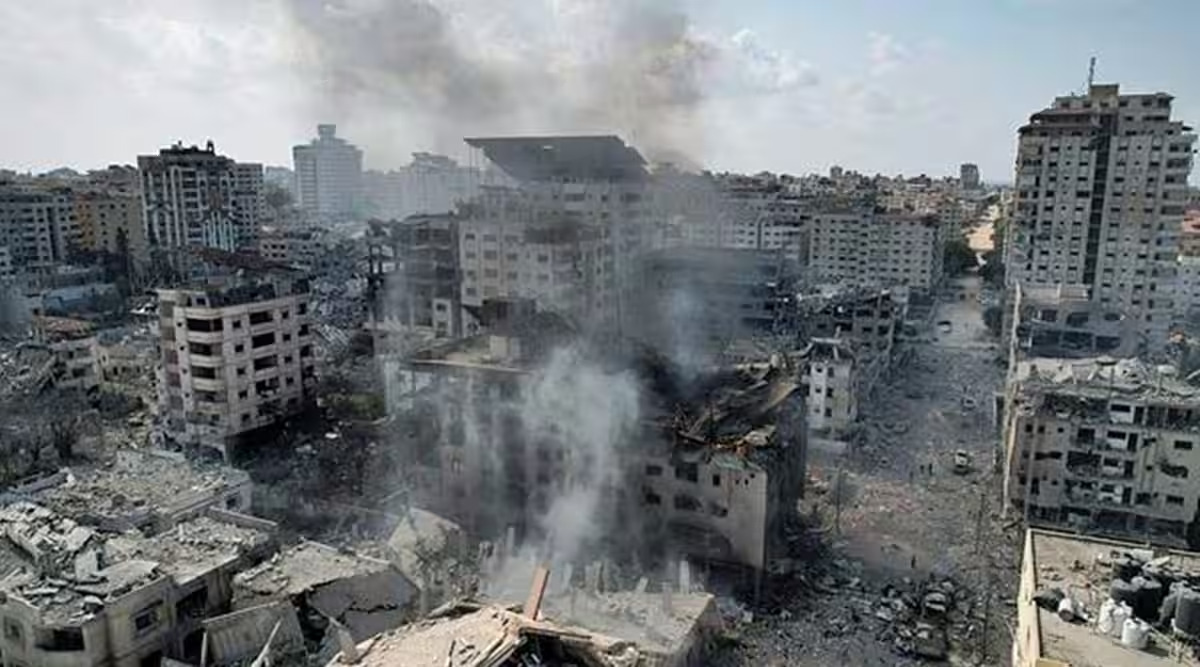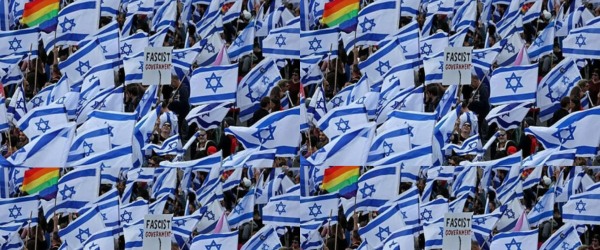Israel-Gaza : War Africa Division Over Supporting Of Palestine

On Simchat Torah in 2023, hundreds of Hamas gunmen entered Israel from Gaza. The ongoing Israel-Hamas conflict in Gaza has global political repercussions and affects relations with other nations. The African Union, in statements in French and English, emphasized the denial of fundamental Palestinian rights, indicating support for Israel’s stance. This was seen as an endorsement of Prime Minister Benjamin Netanyahu’s actions, including a bombing campaign that led to over 1,900 Palestinian casualties.
The African Union Commission, led by Moussa Mahamat Faki, expressed concern over the violence and called for a two-state solution. African responses to the conflict vary, with Sudan, Djibouti, and South Africa openly supporting Palestine, while Zambia, Kenya, and Ghana more firmly denounce Hamas and defend Israel. Kenya aligns with Europe and the United States in its pro-Israel stance, while South Africa criticizes Israel’s actions, citing the illegal occupation and desecration of religious sites, including the Al-Aqsa Mosque.
Table of Contents
ToggleSo why a continent who were suffered the worst part of colonialism and racism for centuries and that has historically, supported Palestine, split now?
Simple and short assumption: According to experts, Africa’s splits highlight each government’s effort to segregate its interests and highlight some nations’ growing links to Israel. On the one hand, there are deep-rooted ties with the Palestinian movement; on the other, the offer of cutting-edge technology, military assistance and aid from Israel. Which wins out could determine how Africa tilts if this conflict drags on – and in the future.
A ‘historical and emotional’ relationship:- African nations, recovering from colonialism in the 1960s, were cool towards Israel but sympathetic to the Palestinians uprooted in 1948. After the 1973 October War, Israel’s relations with the continent, including the Organization of African Unity (OAU), ended. Algeria, a leading Israel critic, has deep-seated historical ties, including the 1988 Palestinian Declaration of Independence in Algiers and shared experiences under French colonialism. The Algeria-Palestine relationship, grounded in common Islamic faith and a history of French occupation, is deeply historic and emotional.
Yet, vocal support for Palestine conceals a evolving African-Israel relationship that is reshaping the continent’s Middle East.
Israel’s growing footprint:- After the 1973 war, most African nations severed ties with Israel, but now, 44 out of 54 African countries recognize Israel, and around 30 have established embassies or consulates in Tel Aviv. Israel’s agricultural expertise has been crucial in addressing Africa’s food security challenges, and trade, security, and diplomatic relations are driving closer African-Israel ties.
Key moments include the Camp David Accords in 1978, the Oslo Accords in 1993, and Sudan, Chad, and Morocco marking progress in normalization. South Africa, despite its criticism of Israel, is its leading trading partner in Africa. In 2021, trade between Israel and Sub-Saharan African countries exceeded $750 million. Israel also has strong ties with other African nations. Israel sought and received observer status in the African Union in 2021, but it was suspended in February 2023, while Palestine retains observer status.
Two-faced governments?
Experts find the apparent contradictions and divisions within Africa unsurprising, citing similar shifts after Russia’s invasion of Ukraine in February 2022. For instance, African nations, despite growing ties with Israel, voted against the US embassy opening in disputed Jerusalem in 2017. South Africa has taken steps to downgrade relations with Israel, and civil society is pushing for more extensive boycotts. South Africa is under mounting civil society pressure to adopt a clearer pro-Palestine stance. As Israel-Gaza tensions persist, these calls for action are likely to intensify. The dual nature of Africa’s engagement with Israel and support for Palestine reflects the challenge of separating politics from trade relations.
Reference:-Aljazeera news channel, Business Standard, The Mint.

Name:- Vikas Bharat Khatarkar.
B.E. Electrical Assistant Engineer, M.S.E.D.C.L Nagpur

